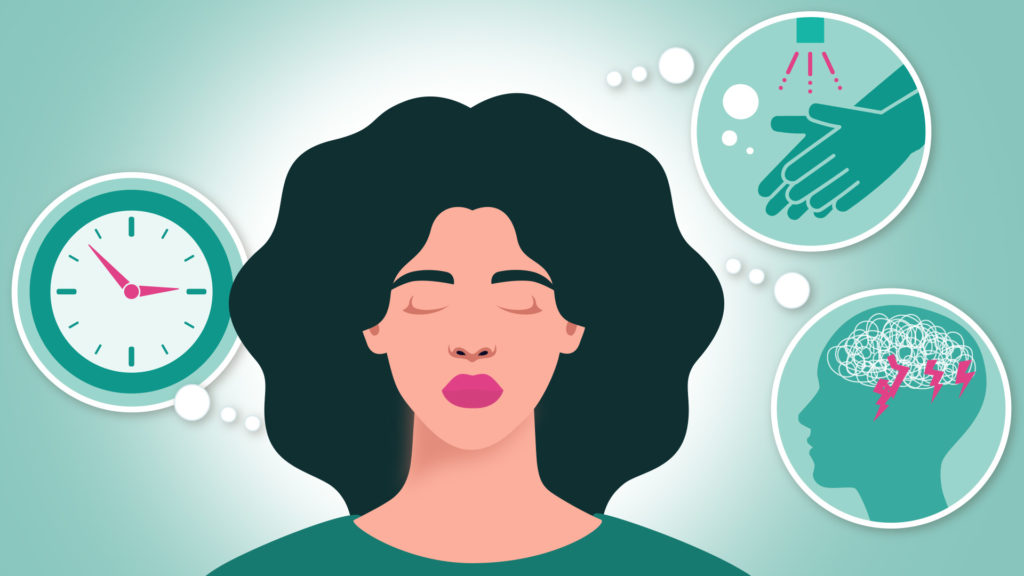mentalhealthbhopal's blog

Mental health is an important part of
overall well-being, and there are a variety of mental health disorders that can
affect people. From anxiety to OCD, understanding the differences between these
conditions can help you better manage your own mental health or assist someone
else who may be struggling with their own issues. To get started on this
journey toward greater understanding, let’s take a deep dive into different
mental health disorders and what sets them apart from one another.
Anxiety is characterized by feelings
of fear or worry that are often accompanied by physical symptoms such as an
increased heart rate and sweating. While everyone experiences some level of
anxiety in certain situations (such as public speaking), those with an anxiety
disorder experience persistent levels for longer periods without any obvious
cause or trigger. Treatment options vary but typically involve
cognitive-behavioral therapy (CBT) combined with medication if needed to reduce
symptoms like panic attacks and insomnia associated with severe cases of
generalized anxiety disorder (GAD). A qualified psychiatrist like Mental Doctor in Bhopalcould provide additional
assistance when dealing specifically with GAD-related issues.
On the other hand,
obsessive-compulsive disorder (OCD) involves intrusive thoughts that neither
lead to compulsive behaviors designed to alleviate stress caused by those
thoughts— even though they do not actually make sense logically nor offer real
relief from distressful emotions experienced due to said intrusive thought
patterns. Common compulsions include repetitive counting rituals, excessive
cleaning, hoarding items, checking locks multiple times before leaving home,
etc., which all serve only to temporarily distract individuals from their
obsessions while providing no lasting solutions. For treatment plans involving
CBT/medication combinations to work best in treating OCD, many psychiatrists
also recommend incorporating mindfulness practices into daily life since it
helps patients become more aware and accepting towards their condition instead
of trying hard to fight against it.
In conclusion, both Anxiety& OCDhave commonalities yet distinct
differences exist between them; thus, recognizing signs/symptoms associated
with each type allows us to identify appropriate treatments available so we can
move forward confidently in our lives regardless of how many challenges might
come along the way!
Archives
- All
- October 2024
- September 2024
- July 2024
- June 2024
- May 2024
- April 2024
- March 2024
- February 2024
- January 2024
- December 2023
- November 2023
- October 2023
- February 2023
- January 2023
- December 2022
- November 2022
- October 2022
- September 2022
- August 2022
- July 2022
- June 2022
- May 2022
- April 2022
- March 2022
- February 2022
- January 2022
- September 2021
